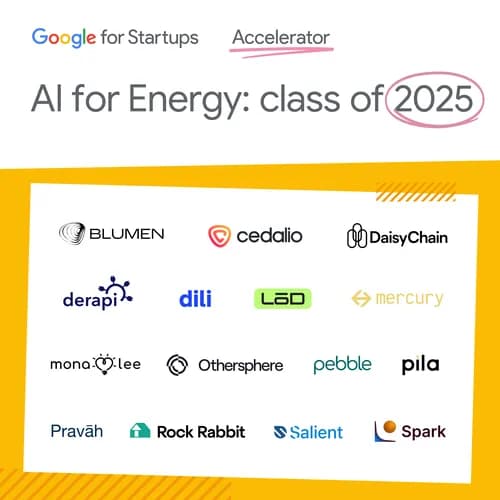AI Infrastructure and Energy Dominate The Information's 2025 TI 50 Startup List, Reflecting Major Industry Shift

The Information's prestigious TI 50 list for 2025 reveals a dramatic reorientation of the startup ecosystem, with "AI Infrastructure" and "Energy" emerging as the top two categories. This marks a significant departure from 2020, when "Enterprise" and "Consumer" companies held the leading positions. The shift signifies a profound evolution in venture capital focus and technological priorities within just five years.
Jessica Lessin, a prominent figure in tech journalism, highlighted this trend on social media, stating, > "Tell me it is 2025 without telling me it is 2025. The first two categories of our TI 50 startup list this year are.... AI Infrastructure and Energy. What were they in 2020? Enterprise and consumer. Also notable that media dropped off the list." This concise observation captures the essence of the industry's transformation. The prominence of AI Infrastructure reflects the foundational investment required to support the burgeoning artificial intelligence sector, encompassing everything from specialized hardware and data centers to advanced software tools.
The rise of Energy startups into the top tier underscores a global imperative for sustainable solutions and energy efficiency, particularly as AI's computational demands escalate. Recent reports indicate that the energy consumption of AI data centers is projected to double by 2030, reaching an astonishing 945 terawatt-hours, comparable to Japan's entire electricity usage today. This surge in demand is driving significant investment into novel energy generation, storage, and management technologies, making energy a critical component of AI's future. Companies in this space are developing solutions ranging from advanced cooling systems for high-density AI racks to grid modernization projects and next-generation battery technologies.
Conversely, the disappearance of "Media" from the top categories suggests a maturation or consolidation within that sector, or perhaps a reclassification of media-related innovation under broader "Consumer" or "AI" applications. The decline of "Enterprise" and "Consumer" as standalone leading categories doesn't necessarily imply their irrelevance but rather that their innovation is now deeply intertwined with or powered by advancements in AI and energy. This comprehensive shift illustrates a tech landscape increasingly defined by foundational technologies that enable future growth and address pressing global challenges.